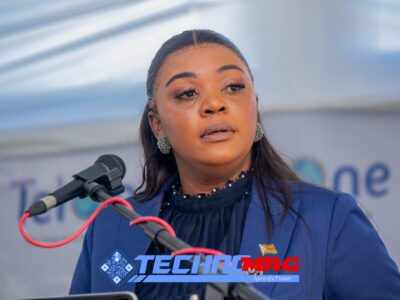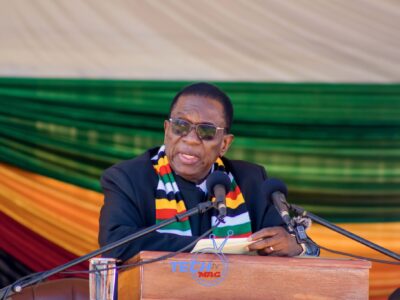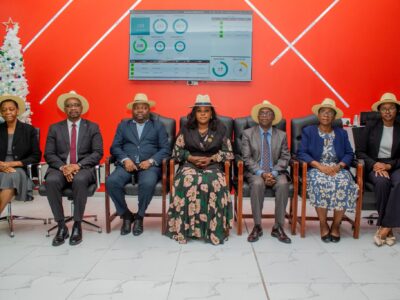As Artificial Intelligence (AI) continues to reshape industries worldwide, Zimbabwean media practitioners are raising urgent calls for regulatory frameworks that reflect the new digital realities. The push comes at a time when the use of generative AI in the country is still in its early stages, but already posing complex questions about its impact on journalism, press freedom, and ethical reporting.
These sentiments were shared during MISA Zimbabwe’s nationwide commemoration of World Press Freedom Day, held under the theme “Reporting in the Brave New World: The Impact of Artificial Intelligence on Press Freedom and the Media.” The event brought together journalists, policymakers, academics, local leaders, and law enforcement to examine how the media can navigate the growing influence of AI technologies.
Journalists voiced concerns about their content being used by AI platforms without compensation. “Our work is being scraped and reproduced by AI tools, often without credit or payment,” said one journalist. “There must be laws to protect our intellectual property.”
The call for regulation was not just about ownership and rights—it extended to the broader impact of AI on information integrity. Attendees highlighted the surge in misinformation and disinformation generated by AI systems, urging for innovative local responses. One proposed solution was investment in Zimbabwean-built AI platforms that understand local languages, contexts, and cultural nuances.
Media practitioners also stressed the need for skills development to keep pace with AI’s rapid evolution. They called on training institutions and media houses to upskill journalists so they can leverage new technologies responsibly and effectively.
“Journalism as an industry is often slow to adopt new technologies. This delays innovation, affects operational efficiencies, and leads to redundancies,” said Itai Muzondo, a Gweru-based journalist who recently launched a media start-up that uses AI in storytelling. He encouraged fellow journalists to embrace technological tools to stay relevant and impactful.
The discussions in Gweru and other cities emphasized the role of inclusive policymaking. “Laws must be fit for purpose,” one participant noted. “They should not only protect, but also empower the media in this digital age.”
Stakeholders also deliberated on the broader implications of AI-generated misinformation, particularly its effect on public trust and citizen participation. The event highlighted the importance of multi-sector collaboration, bringing together media, civic leaders, and enforcement agencies to build a resilient information ecosystem.
Meanwhile, MISA Zimbabwe chapters across Chinhoyi, Mutare, Kwekwe, Gweru, Gwanda, Masvingo, Bulawayo, and Harare used the occasion to elect new advocacy committees, marking a renewed commitment to defend media freedom and address emerging challenges.
In an era defined by fast-paced digital transformation, Zimbabwe’s media sector is taking a proactive stance—calling not only for safeguards but also for strategies that ensure AI serves journalism, rather than undermines it.















Comments